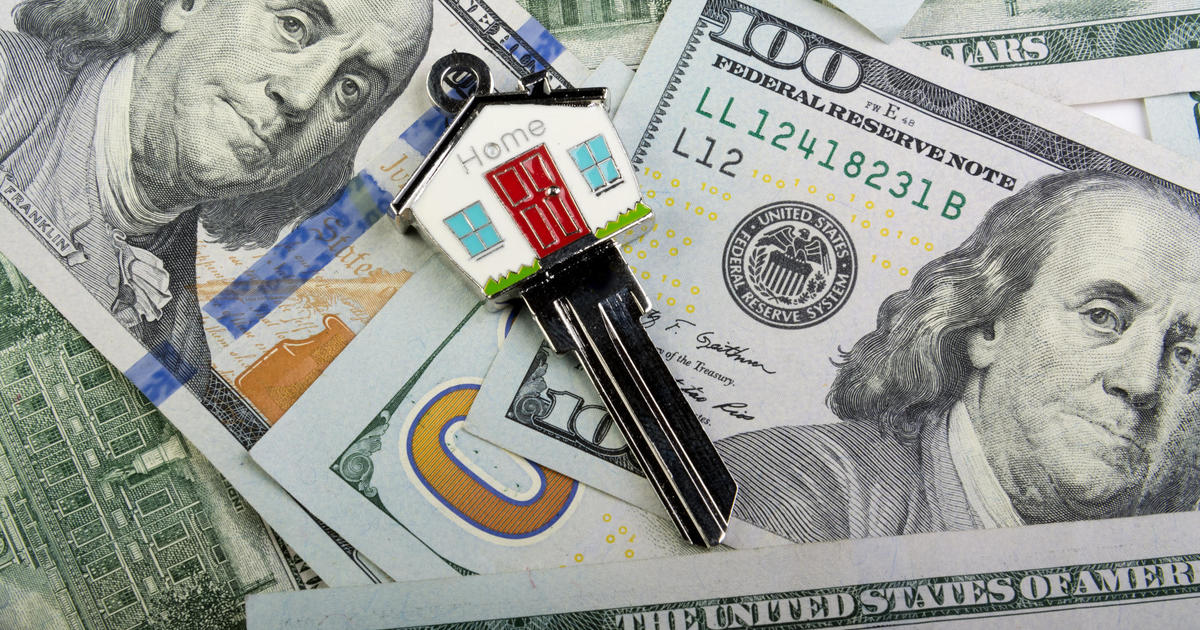How free one-day shipping is heating up the planet
- The rush toward ever-faster shipping is creating the need for more truck trips, undoing the ecological benefits of shopping online.
- Amazon's package deliveries in 2017 alone emitted about 19 million metric tons of carbon, according to one estimate. "That's just under five coal power plants," one expert said.
- Amazon's influence over the retail sector suggests that if it makes meaningful steps to sustainability, many smaller companies that are suppliers and customers would have to follow.
The commercial extravaganza known as Prime Day is expected to generate $5.8 million of sales for Amazon's coffers -- more than it makes in a typical week -- and that's before counting the other retailers that have piled in with their own deals, hoping to turn a profit from the event.
But all those specials come with a dark size, and that's the impact on the climate.
The race toward ever-faster shipping is driving companies like Amazon, UPS and FedEx to inflate their carbon footprint. Instant shipping not only encourages consumers to make multiple small purchases instead of a single large one, but moving those purchases to a customer's home often creates multiple delivery trips a day.
Not long ago online shopping was better for the climate than the in-person kind because it benefited from economies of scale. A shopper who's driving from store to store in a car can create a lot of emissions, Anne Goodchild, founding director of the University of Washington's Supply Chain Transportation and Logistics Center, told CBS News. "Delivery services can be better -- they can put lots of stuff in one vehicle, do one delivery route and hit lots of homes," she said.
Instant gratification
But while that model prevailed in the early days of online shopping, today it's reversed, with very small and quick deliveries -- what she calls "paid butler services" -- growing the fastest. That model "is definitely worse, and there are other compounding factors: You don't make a list for your shopping anymore, you just buy stuff online as you think of it -- and it's delivered in five or six deliveries," she said.
Data show that package deliveries are indeed speeding up. In the last two years, the average time for an item to get from "click" to a customer's door dropped from 5.2 days to 4.3, according to Rakuten Intelligence. In 2017, UPS said e-commerce was leading it to make less-efficient deliveries, leading to "more miles, fuel, and emissions per delivery."
Amazon's recent decision to make one-day shipping the default for its Prime members is likely to increase its emissions ever further. In 2017, Amazon's deliveries alone emitted about 19 million metric tons of carbon, according to an estimate from 350 Seattle, a group that works to combat climate heating. "That's just under five coal power plants," said Rebecca Deutsch, a former tech worker who's now the Amazon campaign coordinator for 350 Seattle.
That same year, FedEx was responsible for 14 million tons, and UPS for 13 million, according to CDP, a nonprofit that helps companies track emissions data.
Amazon doesn't disclose its carbon footprint, despite robust efforts from workers to wean the company off fossil fuels. (It has promised to disclose its carbon emissions figures sometime this year.) Environmental groups, however, say Amazon's impact is significant, thanks to the company's enormous size and complexity. And although Americans most associate the company with shopping, Amazon's operations in internet services could have an even bigger carbon footprint than its trucks and warehouses.
In the cloud
Amazon Web Services is the biggest cloud-computing provider in the U.S. It has over a million customers, ranging from small businesses to the likes of Verizon, Neflix and Unilever. The CIA is even an Amazon cloud customer. AWS is also one of Amazon's fastest-growing divisions, along with three other segments that also heavily rely on computing power: third-party sales, advertising and the subscription services around Amazon Prime, said RJ Hottovy, retail sector strategist at Morningstar.
Supporting AWS are more than 50 data centers across the world, according to a Greenpeace report earlier this year on the data industry. Each of those centers consumes about as much power as a small town, Gary Cook, senior IT sector analyst for Greenpeace, told CBS News recently.
"From a carbon footprint, data centers are super energy-intensive," Cook said. "Electricity demand in the U.S. is declining, but data centers are a big growth market."
Why so much growth? It turns out that internet use, and especially the media-rich internet that many Americans are accustomed to today, consumes a great deal of power. Every video call, text message or "Marvelous Mrs. Maisel" episode has to live on a server somewhere. That all adds up: A study last year of the information and communication industry found that the sector emits as much carbon as the airlines.
While some data centers are wind- or solar-powered, nearly half still run on fossil fuels, according to Amazon's figures. The company's heavy presence in Northern Virginia, just outside Washington, D.C., is particularly polluting, according to Greenpeace. Amazon is the largest private utility customer in an area where much of the electricity still comes from natural gas and coal -- both fossil fuels that contribute to carbon dioxide in the atmosphere. Just 12% of AWS' power in Virginia comes from clean energy, Greenpeace said.
Chain reaction
However large Amazon's own carbon footprint is, its biggest impact could be on the companies around it -- suppliers and contractors.
"Amazon's company-wide carbon footprint is actually only the tip of the iceberg," Dexter Galvin, global director of corporations and supply chains at CDP, said in an email. "On average, companies in the retail sector report having supply chain greenhouse gas emissions that are 10.9 times greater than their own direct" emissions, he said.
That's both a liability and an opportunity, environmental advocates say. Given Amazon's influence in the markets, if it makes meaningful steps to sustainability, many smaller companies would follow.
Said Cook: "If companies are feeling like being responsible, they can chart a different path. A lot of them have."



